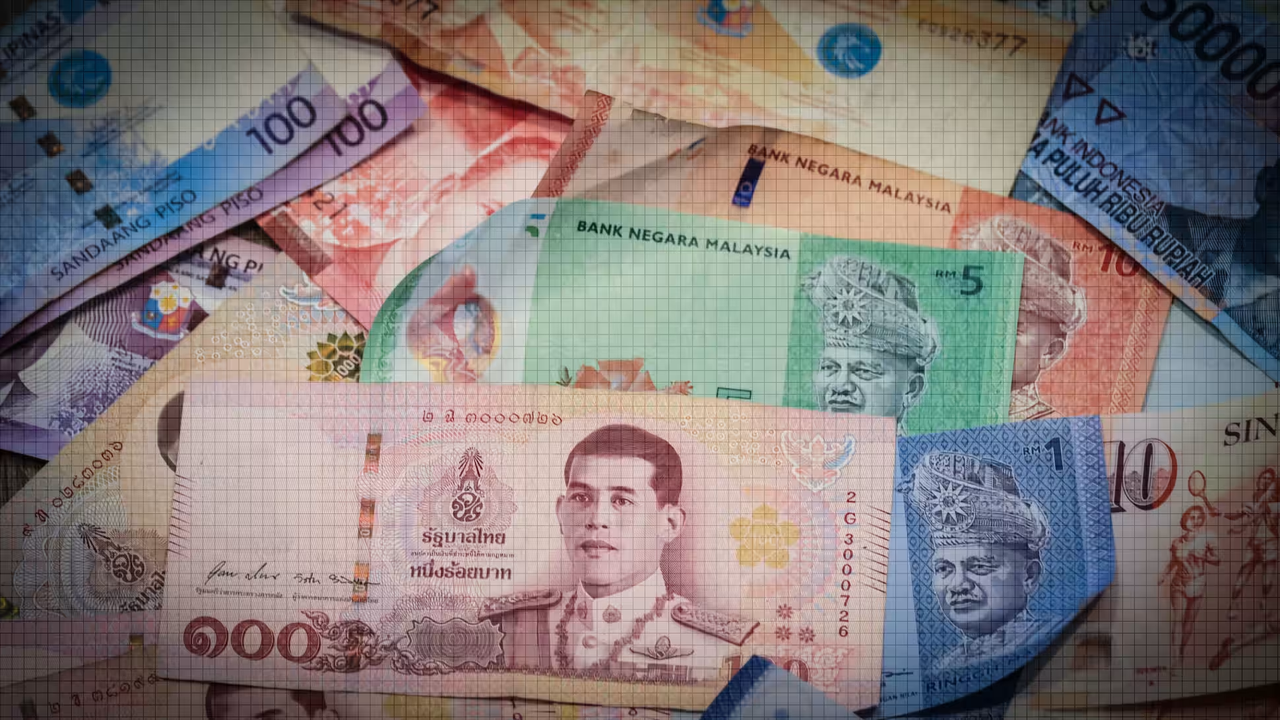Ringgit Outperforms Gold & Thai Baht To Become The World's Best-Performing Currency
The ringgit has appreciated 14.35% against the US dollar over the last three months.
The Malaysian ringgit has become the world's best-performing currency, surpassing both gold and the Thai baht in gains against the US dollar, said MUFG Bank senior analyst Lloyd Chan
Citing Bloomberg data between 27 June and 27 September, Chan told FMT that the ringgit has appreciated by 14.35% against the US dollar over the last three months, outperforming gold, which rose 14.2%.
The Thai baht came in third with a 13.79% increase within the period, followed by the Japanese yen at 13.04%.
Chan credited the ringgit's strong recovery to Malaysia's economic growth and the US Federal Reserve's (FED) ongoing interest rate cuts.
"Market expectations for more US rate cuts since July have fuelled the ringgit's sharp rally in the second half of this year. As the ringgit was 'cheap' at the end of the first half of the year, it provided scope for the currency's appreciation," he explained.
The analyst projected that the ringgit could achieve a five-year high of RM4 to USD1 by the year-end, provided market sentiments remain positive towards Asian currencies and the FED continues its 0.5% rate cuts.
Chan cautioned, however, that the upcoming US presidential election could cause some volatility in the market.
Additionally, BMI Country Risk & Industry Research, a research firm under Fitch Solutions, forecasted that the ringgit could see another 9% appreciation in 2025, potentially reaching RM3.55 per US dollar by the end of the year
FMT reported that the firm had on 27 September upgraded the ringgit's forecast to RM4 per US dollar by the end of 2024, up from the previous projection of RM4.55.
Although a stronger currency typically leads to lower exports, Yun Liu, an ASEAN economist with HSBC, assured that Malaysia's diversified economy is well-positioned to sustain its economic expansion, despite already achieving a 5.1% gross domestic product (GDP) growth in the first half of the year.
Speaking to CNBC International News yesterday, 30 September, Liu said this resilience is bolstered by high foreign direct investment (FDI) inflows, particularly from China, a stable political environment, and a strategic focus on developing the semiconductor and green energy sectors.
"Because of its well-diversified economy, the semiconductor [industry in Malaysia] still has a lot of momentum. There's still a consistent FDI inflows into Penang, which is the powerhouse of Malaysia's semiconductor industry.
"We are also looking at a lot of the FDI into the data centres. For Chinese investments, I think it's quite interesting because a lot of it [goes] to the green energy sector. [Malaysia] is very well-diversified," she said.
Watch Liu explain Malaysia's great economic outlook below:
